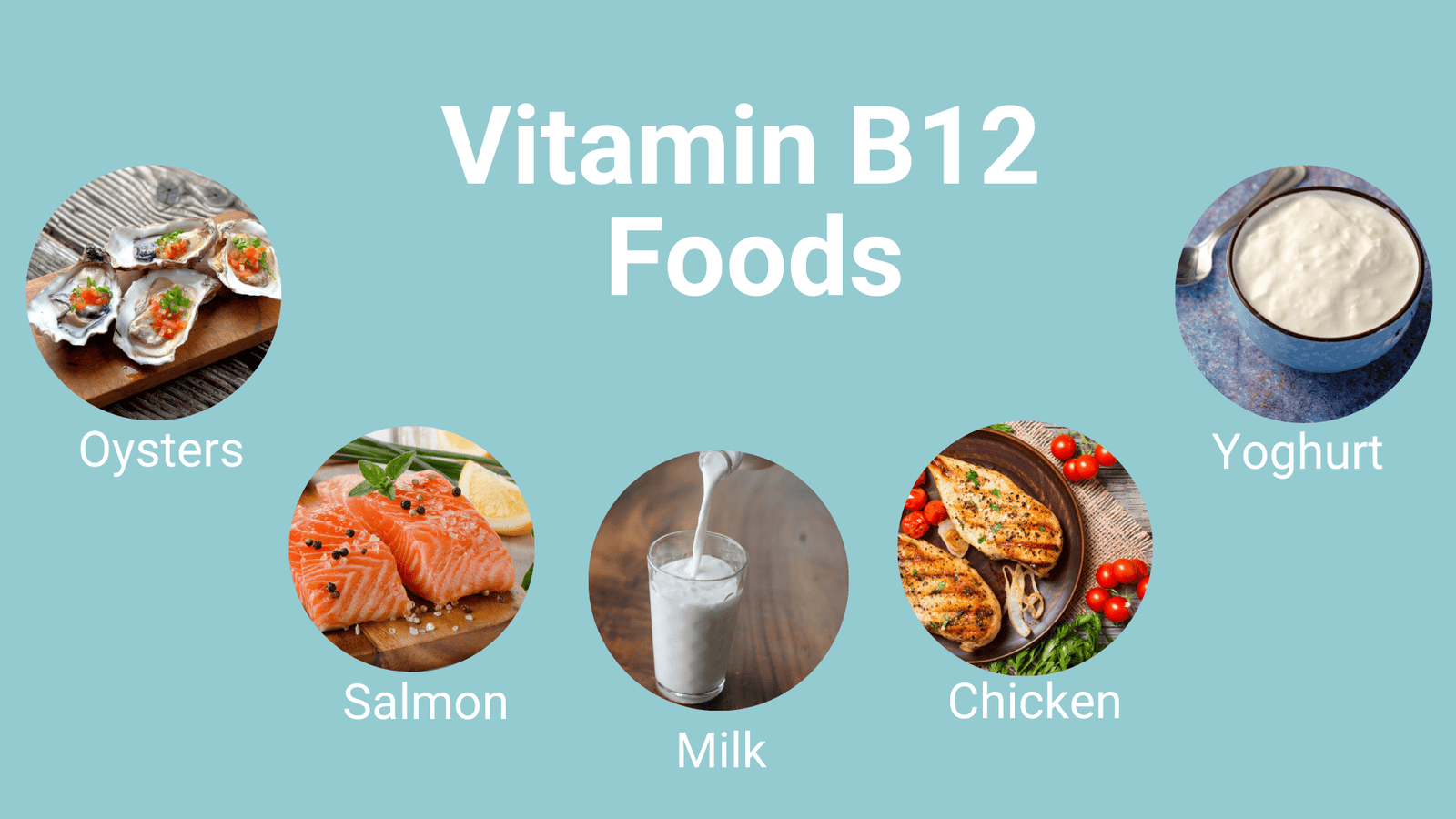Wellhealth ayurvedic health tips
Embrace Wellness Naturally: Ayurvedic Health Tips for a Balanced Life Introduction Ayurvedic health tips, Ayurveda an ancient system of medicine that originated from India have been guiding people to a holistic health for hundreds of years. It is based on the notion that health is an enlightened harmony between mind, body and soul, Ayurveda offers a wealth of natural treatments and lifestyle habits. If you’re looking for to live balanced and healthy lifestyle Integrating Ayurvedic principles to your daily routine can be a transformational experience. ayurvedic health tips, Here are some helpful Ayurvedic health techniques to help you reach well-being naturally. 1. Understand Your Dosha Ayurveda categorizes people into three doshas or types of energy: Vata, Pitta, and Kapha. Each dosha has its own distinct characteristics that influence our physical and mental characteristics. Knowing your dosha will help you to tailor your diet and lifestyle choices to help you maintain equilibrium. The term “vata” refers to Vata is characterized by air and ether. Vata people are usually enthusiastic, energised and quick-thinking. However, they can be prone to dryness and anxiety. Balance Vata involves warming, grounding and nourishing techniques. Pitta is a fire-related condition. or water. Pitta people are ambitious committed, focused and passionate however they may also feel anger or discomfort. The process of balancing Pitta is a process of cooling, calm and relaxing techniques. Kapha: With characteristics of water and earth, Kapha individuals are steady loved, resilient and lovable however, they may experience issues that cause congestion and fatigue. Balance Kapha requires the stimulation dry, energizing, and uplifting methods. 2. Start Your Day with a routine The practice of establishing a regular daily routine (also known as Dinacharya) is essential to Ayurveda. This practice aids in regulating your biological clock, and also promotes the overall harmony. Start Your Day Early: Try to get up between 5:30 a.m. from 6:15 a.m. This time is in line with the Vata time which is ideal to start your day with a clear mind and a purpose. Hydrate: Start your day by drinking the warm drink of water which aids in flushing out toxins as well as kickstart digestion. Exercise: Try gentle exercises like yoga or a strenuous stroll to improve blood circulation and boost the energy levels. Meditation: Spend just a few minutes of mindfulness or meditation to calm your mind and set a positive mood for the rest of the day. 3. Follow a Balanced Diet Ayurvedic diet focuses on eating in accordance with your dosha as well as the seasons. Below are some guidelines for a balanced and balanced diet: Eat fresh and seasonal Choose vegetables and fruits which are available to guarantee maximum freshness and nutritional content. – Choose warm foods: Ayurveda suggests consuming warm cooked and cooked foods instead of cold, raw ones in particular if you have an Vata or Kapha constitution. Incorporate Spices: Spices like ginger, turmeric and cumin provide a myriad of benefits for health and can aid in balancing the doshas. For instance, turmeric is well-known because of its properties to fight inflammation while ginger can aid digestion. Mindful Eating: Eat with a sense of mindfulness and try to avoid eating too much. Make sure to chew your food slowly and take time to savor every bite. 4. Practice Proper Digestion According to Ayurveda the proper digestion (also known as Agni) is vital to overall well-being. Here’s how you can support the digestive tract: Eat on a regular basis Eat three healthy meals in a regular time throughout the day to keep you’re the rhythm of your digestion. Beware of Overeating: Avoid eating massive meals or snacking too much between meals. In excess, you can overload the digestive system and cause imbalances. Integrate Digestive Herbs into your diet Herbal remedies like coriander, fennel seeds and cardamom are able to improve digestion and help reduce the gastric discomfort. 5. Prioritize Sleep and Rest A good night’s sleep and adequate rest are vital to maintain equilibrium and overall health. Ayurveda suggests: Develop a Sleep Routine You should go to bed and rise around the same hour every day to control your sleep schedule. Relax before bed: Develop an energizing routine before bed that includes relaxing with a book or soaking in a hot bath to tell the body for you to unwind. Utilize herbal remedies: Consider making use of herbal teas such as the chamomile or ashwagandha teas to aid in the relaxation process and increase sleep quality. 6. Manage Stress Effectively Stress management is a key element of Ayurveda’s holistic approach to wellness. Stress that is chronic can affect dosha balance and affect the overall health. To manage stress: Practice mindfulness: Engage in mindful practices like deep breathing, meditation or journaling to ease anxiety and improve mental clarity. Engage in relaxing activities Find hobbies and pursuits that provide you with joy and a sense of relaxation be it gardening, reading or just listening to music. Connect to Nature Connect with Nature: Spending time in nature has an uplifting effect on both the body and mind, reducing the stress levels. 7. Embrace Ayurvedic Therapies Ayurvedic therapies can provide help in achieving balance as well as health. The most popular treatments include: Abhyanga (Oil Massage): Regular oil massage using warm herbs can nourish the skin, boost circulation and help promote relaxation. The process of detoxification involves a variety of treatments that are that are designed to rid the body of toxins that have accumulated and restore the balance. Nasya (Nasal Therapy): Nasya is the practice of putting herbs or powders through the nasal passages in order to improve mental and respiratory health. Conclusion Integrating Ayurvedic principles in your daily routine could lead to better health and a more balanced lifestyle. Through understanding your dosha and creating a routine that is consistent and eating a balanced diet, and coping with stress effectively, you will be able to adapt your lifestyle to the natural cycles of your body, and attain long-term health. Ayurveda is a treasure trove of … Read more



